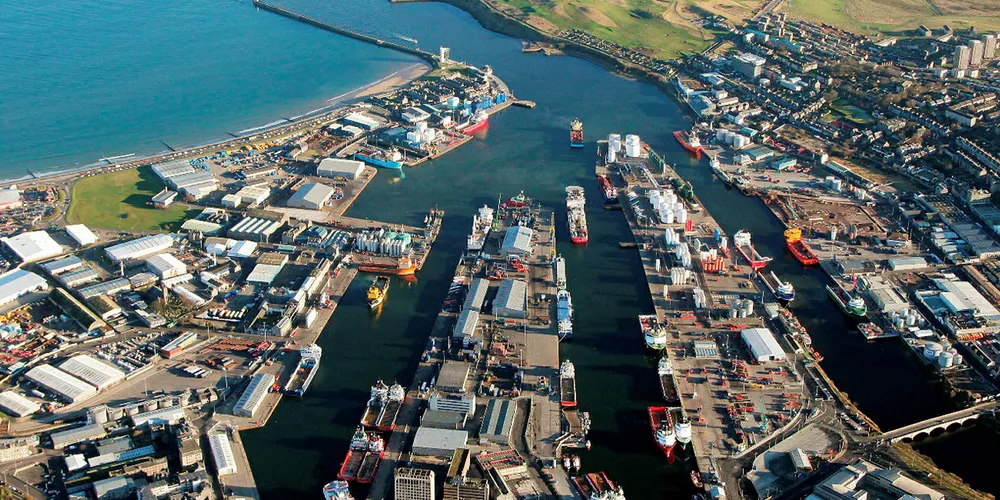Scottish Seafood Summit: Will she? Won't she? Brexit debacle puts strain on UK seafood
The focus of the inaugural Scottish Seafood Summit, organised by Seafish, is on the impact of the UK leaving the EU, which was due to take place this week, on March 29... but isn't anymore. Keep checking back for updates.
